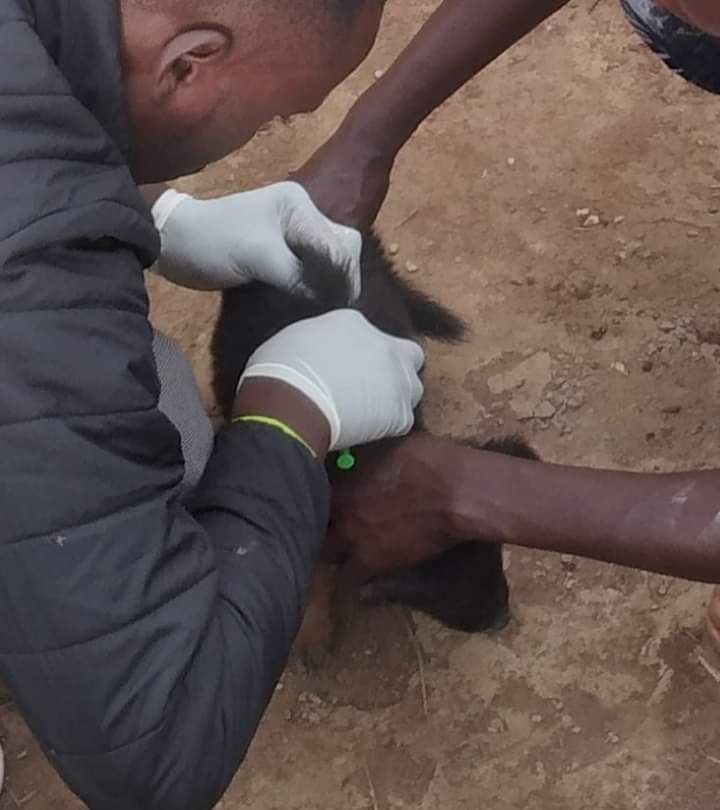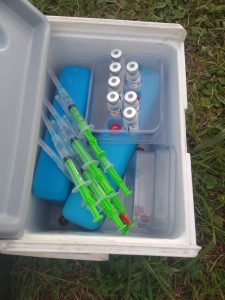Vaccination in dogs.

Puppy vaccination is one of the most important aspects of responsible pet ownership. Vaccines protect your furry friend from potentially fatal diseases, and it’s essential to keep them up to date with their shots.
When you get a new puppy, it’s important to establish a good relationship with a veterinarian. They will be able to guide you through the entire vaccination process, and help you to understand which vaccines your puppy needs and when they should receive them.
Vaccines for puppies
There are several essential vaccines that every puppy should receive. Some of the most important vaccines include distemper, parvovirus, and rabies. Distemper is an airborne virus that can cause respiratory and neurological symptoms, while parvovirus is highly contagious and can cause severe gastrointestinal symptoms. Rabies is a viral infection that affects the nervous system and can be fatal for both animals and humans.
Most puppies will start receiving vaccinations at around four to eight weeks of age. The vaccination schedule will vary depending on the individual pet’s needs, breed, and environment. The veterinarian will typically create a custom vaccination schedule for your puppy, based on their age and health status.
The first set of puppy vaccinations is usually given in a series, typically every three to four weeks apart. This helps to ensure that your furry friend is protected from multiple diseases and to boost their immune system. Once your puppy has received their initial vaccinations, they will need to have booster shots to maintain their immunity.
It’s important to remember that puppy vaccinations are not just for the safety of your pet; they also help to prevent the spread of diseases to other animals and humans. This is especially crucial in areas with high populations of dogs, such as dog parks or kennels.

Vaccines ready for use in puppies.
In conclusion, puppy vaccination is a crucial aspect of responsible pet ownership. It protects your furry friend from harmful diseases and helps to prevent the spread of diseases to other animals and humans. If you have a new puppy, be sure to establish a relationship with a trusted veterinarian and follow their vaccination recommendations to ensure that your pet is protected throughout their life.
